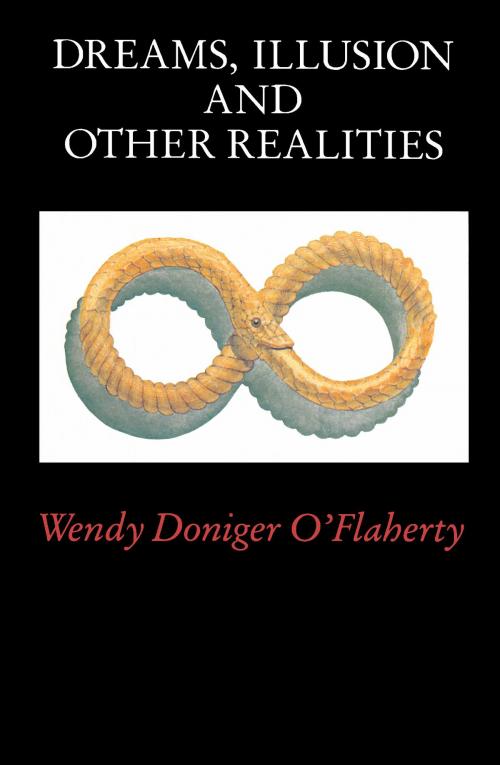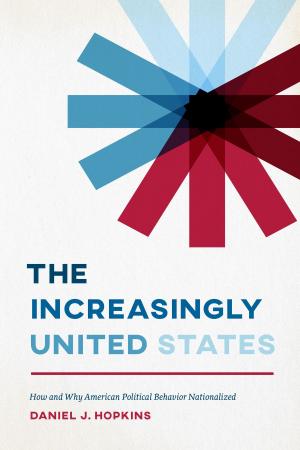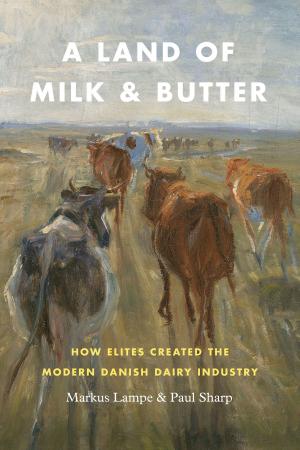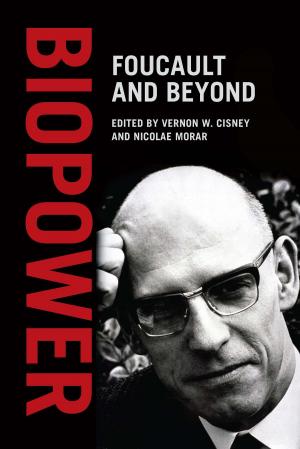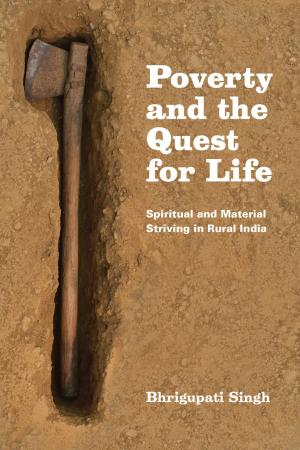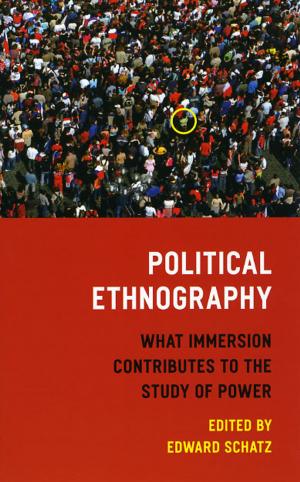Dreams, Illusion, and Other Realities
Nonfiction, Religion & Spirituality, Eastern Religions, Hinduism, Philosophy| Author: | Wendy Doniger O'Flaherty | ISBN: | 9780226308098 |
| Publisher: | University of Chicago Press | Publication: | May 14, 2015 |
| Imprint: | University of Chicago Press | Language: | English |
| Author: | Wendy Doniger O'Flaherty |
| ISBN: | 9780226308098 |
| Publisher: | University of Chicago Press |
| Publication: | May 14, 2015 |
| Imprint: | University of Chicago Press |
| Language: | English |
"Wendy Doniger O'Flaherty . . . weaves a brilliant analysis of the complex role of dreams and dreaming in Indian religion, philosophy, literature, and art. . . . In her creative hands, enchanting Indian myths and stories illuminate and are illuminated by authors as different as Aeschylus, Plato, Freud, Jung, Kurl Gödel, Thomas Kuhn, Borges, Picasso, Sir Ernst Gombrich, and many others. This richly suggestive book challenges many of our fundamental assumptions about ourselves and our world."—Mark C. Taylor, New York Times Book Review
"Dazzling analysis. . . . The book is firm and convincing once you appreciate its central point, which is that in traditional Hindu thought the dream isn't an accident or byway of experience, but rather the locus of epistemology. In its willful confusion of categories, its teasing readiness to blur the line between the imagined and the real, the dream actually embodies the whole problem of knowledge. . . . [O'Flaherty] wants to make your mental flesh creep, and she succeeds."—Mark Caldwell, Village Voice
"Wendy Doniger O'Flaherty . . . weaves a brilliant analysis of the complex role of dreams and dreaming in Indian religion, philosophy, literature, and art. . . . In her creative hands, enchanting Indian myths and stories illuminate and are illuminated by authors as different as Aeschylus, Plato, Freud, Jung, Kurl Gödel, Thomas Kuhn, Borges, Picasso, Sir Ernst Gombrich, and many others. This richly suggestive book challenges many of our fundamental assumptions about ourselves and our world."—Mark C. Taylor, New York Times Book Review
"Dazzling analysis. . . . The book is firm and convincing once you appreciate its central point, which is that in traditional Hindu thought the dream isn't an accident or byway of experience, but rather the locus of epistemology. In its willful confusion of categories, its teasing readiness to blur the line between the imagined and the real, the dream actually embodies the whole problem of knowledge. . . . [O'Flaherty] wants to make your mental flesh creep, and she succeeds."—Mark Caldwell, Village Voice
